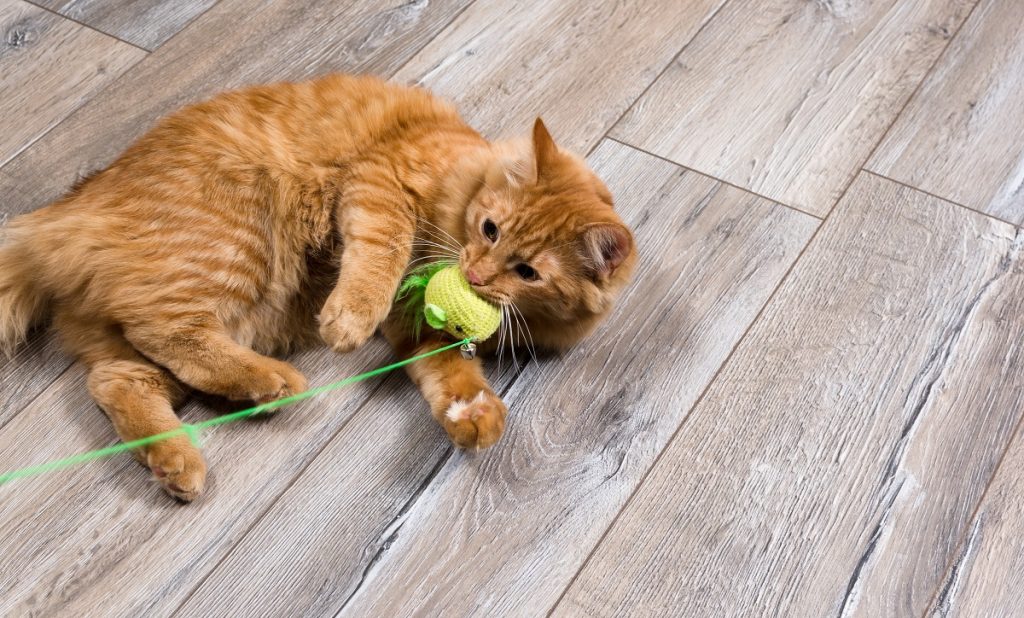Despite having a much longer life expectancy compared to their canine counterparts, cats still encounter changes in their bodies as they age that require changes in their care. These changes will help ensure that they maintain a high quality of life.
With a little more love and attention, you will be able to meet your feline friend’s changing needs. Read on to know the things you should expect as your cat enters its senior years.
Expect to pay extra attention to maintaining a healthy weight
While early on, having a cat on the chubby side might be irresistibly cute, as it ages, every cat owner must pay special attention to keeping its weight on the healthy side. Veterinarians say this can prevent chronic diseases in your cat.
While excessive weight will most likely lead to long-term health concerns, unexpected weight loss, on the other hand, often signals underlying health issues. So, make sure to provide your cat with food that is appropriate for its age and activity level.
When specific health issues do occur, expect to make changes in your cat’s diet to address the problems. For example, provide a low-sodium diet if your cat is dealing with a heart condition or a low-phosphorus diet if a kidney condition is present.
Also, pay extra attention to your cat’s litter habits. Constipation could be a sign of dehydration in senior cats while missing the litter could signal a urinary tract issue. Provide adequate water and cat food for urinary health if this is observed.
Expect changes in accommodations
 Similar to humans, cats that advance in age show a decreased level of motivation to move. Most cats over the age of 12 will already start showing radiographic evidence of arthritis. This, of course, will lead to changes in activity level.
Similar to humans, cats that advance in age show a decreased level of motivation to move. Most cats over the age of 12 will already start showing radiographic evidence of arthritis. This, of course, will lead to changes in activity level.
When this happens, expect to provide additional support to accommodate your beloved pet’s needs. Provide multiple areas where your cat can get drinking water. Relocate your pet’s bed to a more accessible area or provide steps or ramps for easy access.
Expect more visits to the veterinarian
Aging cats will also require more frequent visits to their veterinarians. Emerging health concerns when caught early can literally spell life or death for your feline friend approaching old age.
The best way to be on top of your cat’s health is holding frequent health check-ups. Veterinarians often spot things that pet owners might miss or dismiss as a non-health concern. A visit every six months is a good standard. It may appear too frequent but six months in cat years is roughly equivalent to two years for humans.
To make this task easier for both you and your cat, make the process as pleasant as possible by providing the most positive experience starting from the pet carrier. Provide comfortable bedding and special toys to make the experience as pleasant as possible.
Changes in your cat’s life stages do not need to bring you stress. All senior cats need is just extra care and love, so just be sure to deepen your bond with your feline friend and enjoy the ride.

